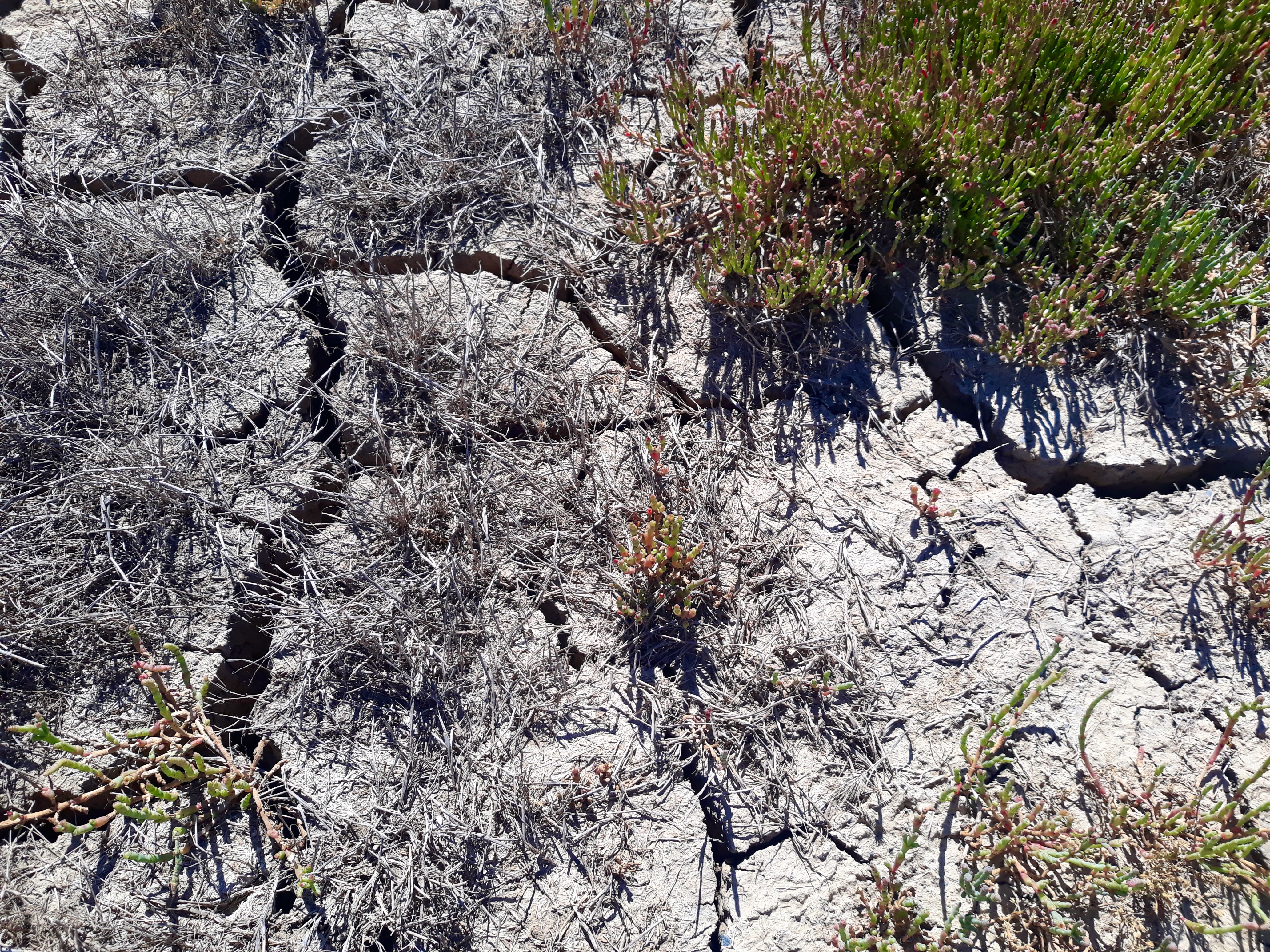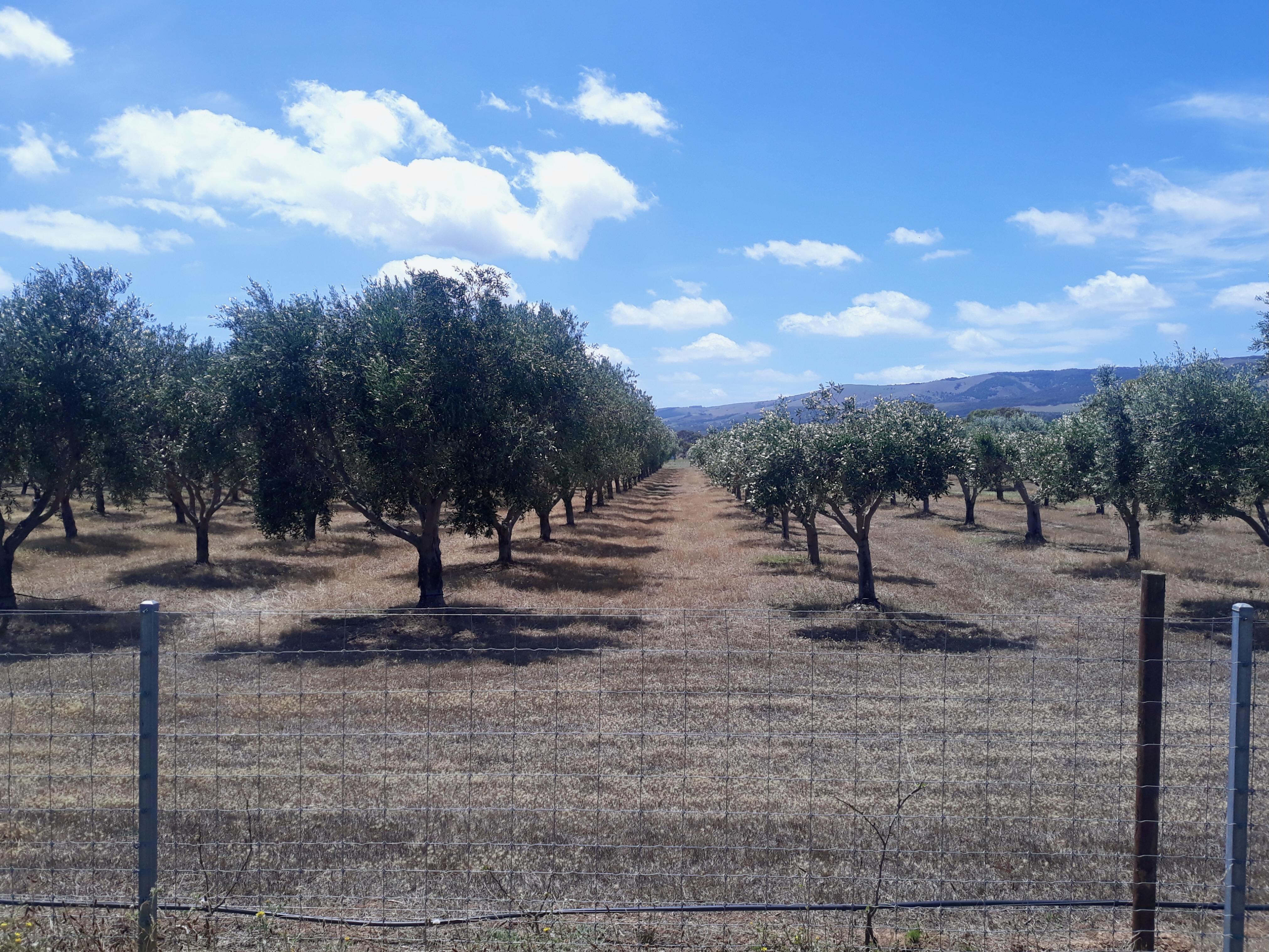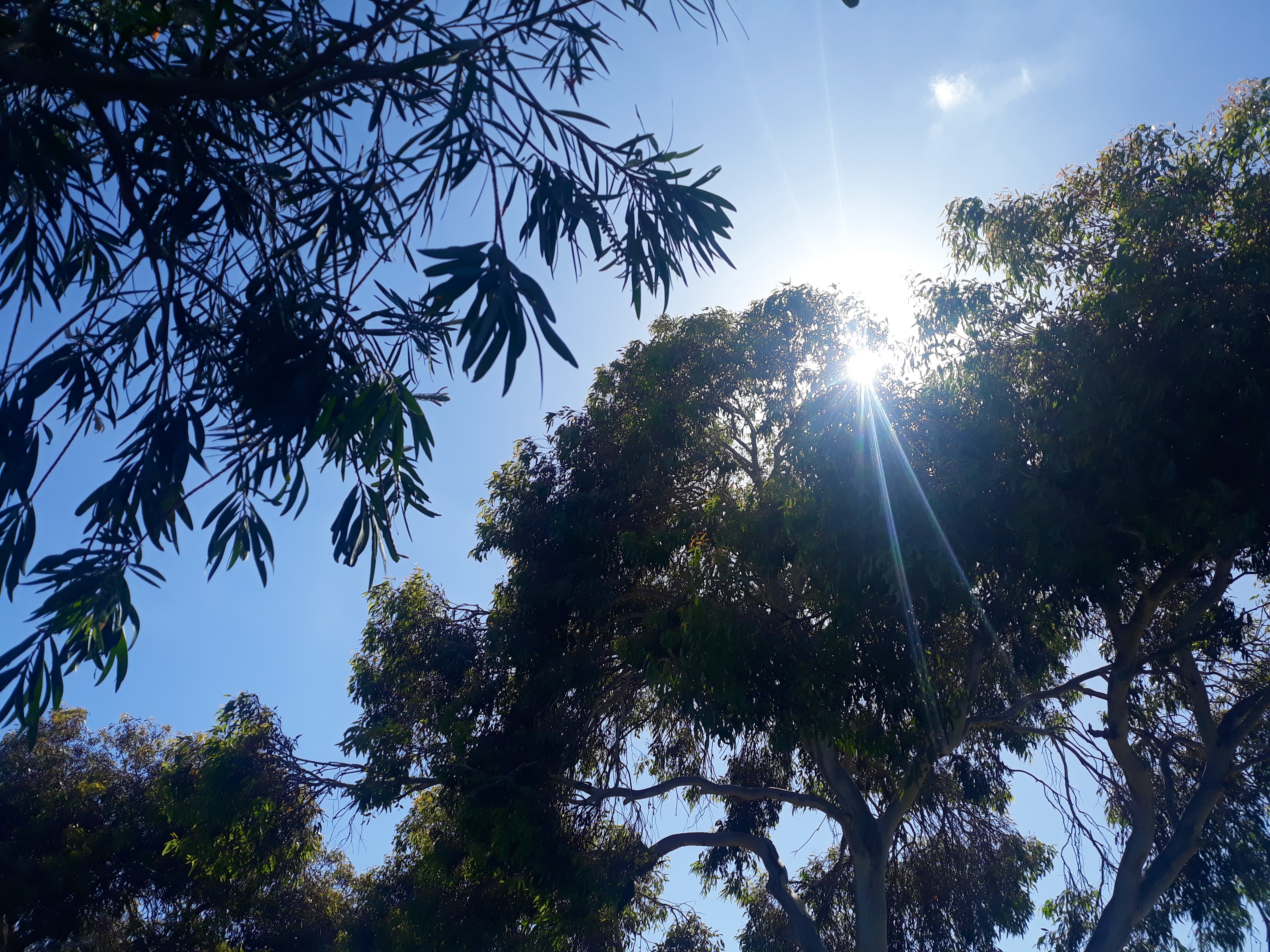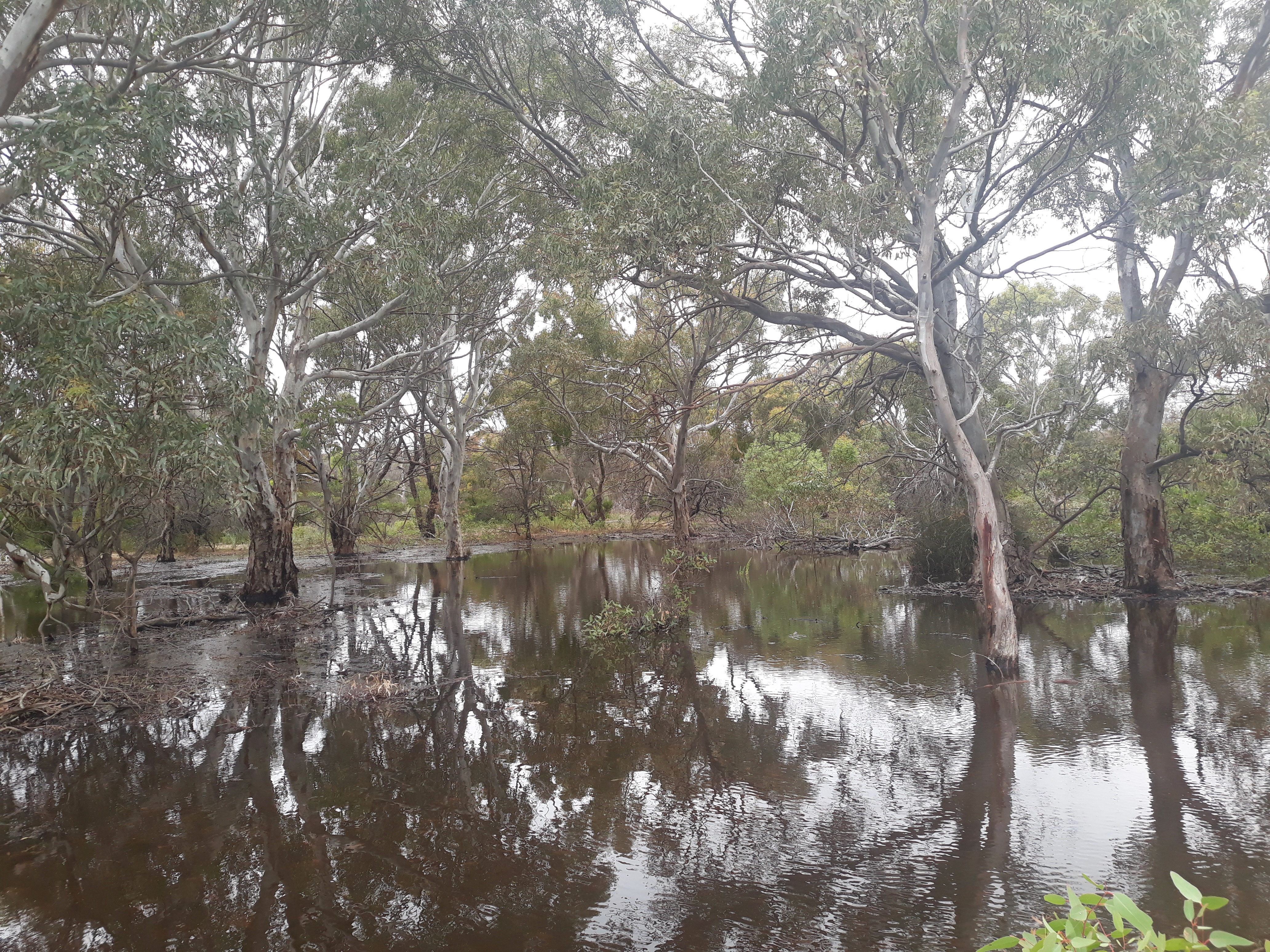Other people’s words about … getting divorced
I went to a gymnasium most afternoons between half past five and dinner time, because exercise kept me clearheaded writing copy in the daytime, and fresher-looking through the evening. The gymnasium had a running track on the roof. Going round and round it, regarding the view of upper Broadway electric light signs, or thinking that the person who invented the sweat shirt had no sense of design, or just counting off twenty laps to the mile, and debating detachedly whether to be energetic and run three miles, or lazy and stop at two, I felt very contented. Thump, thump, thump, around a board track. It was a simple occupation, but an absorbing one.
That feeling of running, of having been running endlessly, so that I was breathless, yet must go on running forever, seemed to sum up my life. Running through days of posing as an efficient young business woman, through nights of posing as a sophisticated young woman about town. Running from the memory of Peter, toward something or nothing, it did not matter which.from ‘Ex-Wife‘
by Ursula Parrott
You could think, reading the passage above, that you were reading something from a book by a contemporary female author, a Millennial or a Gen Z writer, that you were reading a modern sad-girl novel. But you would be mistaken. Ursula Parrott published her wonderful novel, The Ex-Wife, in 1929. I am astonished at how true Patricia’s story, and Patricia’s voice, still rings now.
I read The Ex-Wife just before I came down with my first bout of Covid, and now, picking the novel up again and reading the words from it that I’ve quoted above, which so struck a chord with me at the time I read it, I wonder if I’ll ever run again the way Patricia describes, which is the way I remember running. Thump, thump, thump. I know that everyone feels like this after Covid, and I assume that it will pass. Still, the feeling of disjunction between the me who read Parrott’s novel a few weeks ago and the me writing this post is jarring.
 Norfolk pine trees and autumn sunshine post-Covid, April 2024.
Norfolk pine trees and autumn sunshine post-Covid, April 2024.
In The Ex-Wife Patricia’s husband has just broken up with her and she is trying to make sense of being, yes, an ex-wife. Though divorce is now far commoner than it was when Parrott wrote her novel; and though we accept the idea of wives committing adultery as much as we do the idea of husbands doing so; and though many women no longer feel the need to marry at all — still, it seems to me that Patricia’s feelings reflect what a young, heartbroken woman might feel now in a similar situation. Patricia feels betrayed by her ex-husband Peter, who leaves her after she confesses to him that she has slept with another man (even though he has, all along, been sleeping with another woman); she loves him, still, as much as she hates him; she wants to move on but can’t; and meanwhile she tries to make her way as a young, single, independent woman through the world. How familiar does all of that sound?
I am grateful to live in a world post-third wave feminism. I am grateful to live in a world that has allowed the #MeToo movement to happen finally. And yet. And yet. There is still so much that needs to change in this space. So very much.
 Cuddly Covid companion, April 2024.
Cuddly Covid companion, April 2024.
Lately I’ve been reading …
- 20. Acknowledgements for novels should be kept under two pages. You may add an additional page for every 400 pages of novel: Ryan Chapman provides a tongue-in-cheek list of 100 tips to improve your writing. Caveat lector. I love this list, both the serious tips and the not-so-serious ones. (In fact, they’re all serious, really.)
- He’d never been one for small talk, preferring instead to launch into deep discussions, even with people he barely knew. He wondered if he could create a place like that outside of everyday conversation, a place full of awe, anguish, and urgency: Meg Bernhard on Frank Warren, the curator of Postsecret.com, a website I find myself simultaneously fascinated and bothered by. When we anonymously reveal our darkest secrets for others to read, as the website allows us to do, are we sharing and connecting with others, or are we just shouting our loneliness into a void? And conversely, in reading other people’s secrets are we reaching out to each other or are we just being voyeurs?
- My theory … is [that] coffee companies are no longer aiming to be delicious; instead they’re just going for disgust-minimisation. I’d say that’s the right choice because deliciousness is a far more difficult goal than inoffensive mediocrity: Nicholas Jordan taste-tests eleven instant coffees. What a brave man! I’m not a coffee-drinker at all, but I admire his fortitude.
- But if there’s one thing you learn from a lifetime of being different, it’s that you can’t rely on a broad public consensus to tell you anything true about yourself: Rafael Frumkin on identity literature and cancel culture — and writing about joy.


























